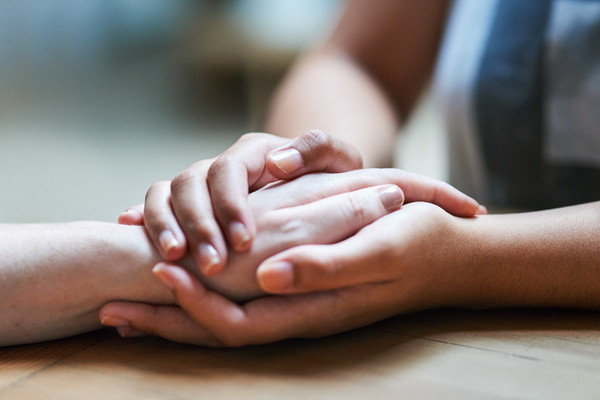
Additional measures have been taken to support socially vulnerable segments of the population
Tashkent, Uzbekistan (UzDaily.com) -- The President signed a resolution “On additional measures to provide material support to segments of the population in need of social protection and assistance.”
From 1 July 2022:
the procedure for allocating funds from the State budget to family-type orphanages is being introduced:
for the costs of maintaining family-type orphanages, the amount of expenses per pupil, as well as the necessary funds based on the number of children, are transferred to bank plastic cards opened in the name of parents;
the composition of the monthly expenses for each pupil in family-type orphanages also includes utility costs;
payments for utilities consumed by family-type orphanages are made at prices set for individuals;
50% bonuses are paid to the basic tariff rates of technical and auxiliary personnel of special schools and boarding schools for children with disabilities in physical or mental development, as well as vocational schools for children with disabilities.
It has also been found that:
orphans and children left without parental care, when registering in their name housing purchased for them by the state in the secondary market, on the basis of ownership, are exempted from paying state duty for notary and cadastral services (purchase and sale agreement and state registration of real estate objects) ;
the allocation of funds to students who are orphans or left without parental care to purchase food, clothing and sanitary items in higher educational state institutions also applies to students of non-state higher educational institutions;
From 1 June 2022, persons with disabilities who are trained in professions at the Ishga Markhamat monocenters on the basis of inclusive education, along with a disability allowance, are also paid a monthly stipend in the amount of twice the amount of the BRV at the expense of the State Employment Promotion Fund.
From 1 May 2022, a procedure has been introduced for the monthly payment of 20% of the amount of the corresponding pension for personal expenses to elderly and disabled citizens living in Sakhovat homes who do not have the necessary work experience.